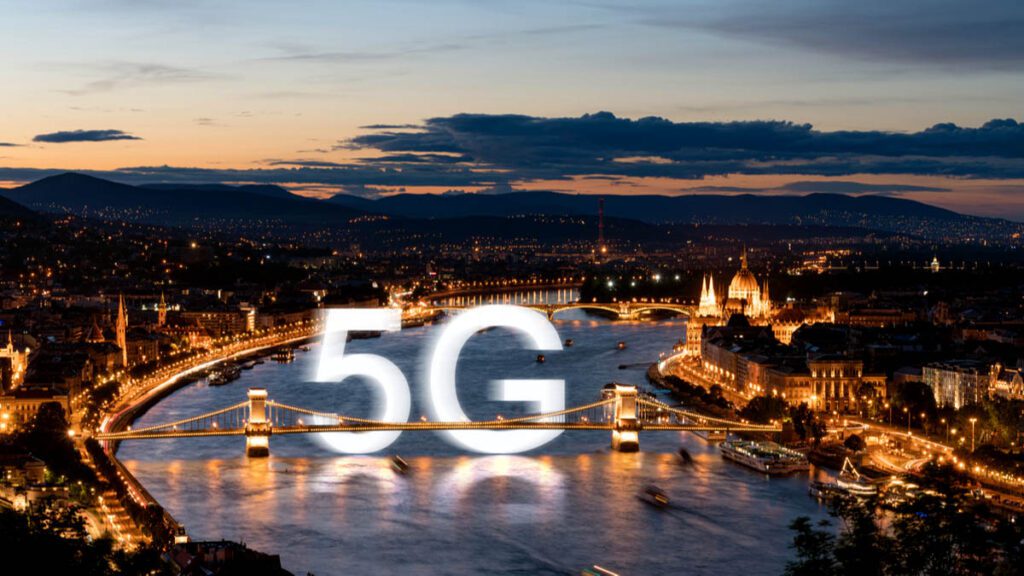5G to Boost Europe's Tech and Bridge Digital Divide, Nokia VP Says

Since the fifth-generation mobile network (5G) will be more efficient, faster, and secure, it could help move technology to the next level in several fields. The most prominent one is healthcare to help doctors conduct remote diagnoses and even support remote surgery.
On the same note, it could allow other vehicles to be controlled remotely for operations like mining to become safer and enable robots to perform in factories fully.
It is worth mentioning that the network rollout is already in process, and the infrastructure is being set, especially in Europe.
“I believe that the network and enterprise will have a big impact on the way enterprises can do business and become more efficient, to become more agile,” Jan Van Tetering, senior vice president for Europe at Nokia, said.
The Finnish telecom giant, which used to make mobile headsets, aimed to become a 5G leader.
The company makes network processors, routers, and products for telecom infrastructure, including 5G, and offers cloud services and solutions.
“5G is at a fast speed at the moment,” Van Tetering said, noting that around 30 percent of the bloc’s businesses are digital, meaning there’s a lot of good optimization to chase within companies.
North Korea and Japan are leading the race when rolling out 5G for consumers. However, Van Tetering said Europe is “rapidly catching up” and will probably be an essential player in deploying the advanced network for businesses.
“Many manufacturing is still happening in Europe, and that’s where Europe could be in a very crucial spot in that part of the 5G,” he said.
5G is a top priority for European governments and their agendas, pushing for its acceleration in low-density areas.
In parallel, COVID-19 and safety concerns are one of the main reasons for the slow-rolling of 5G and having slower connections than expected, a 2022 European Court of Auditors report stated.
Some concerns emerge regarding the safety risks of having critical services depending on 5G networks, and the European Commission set up a cybersecurity strategy in 2020.
Therefore, the fifth-generation technology is considered safe.
“5G is as safe as any other network around the world. Using 5G, we gain mo, re possibilities and also tools to reinforce our networks’ security that it offers us divided virtual channels to create different levels of security,” Cristina Colon, director of Digital Future Society, said.
